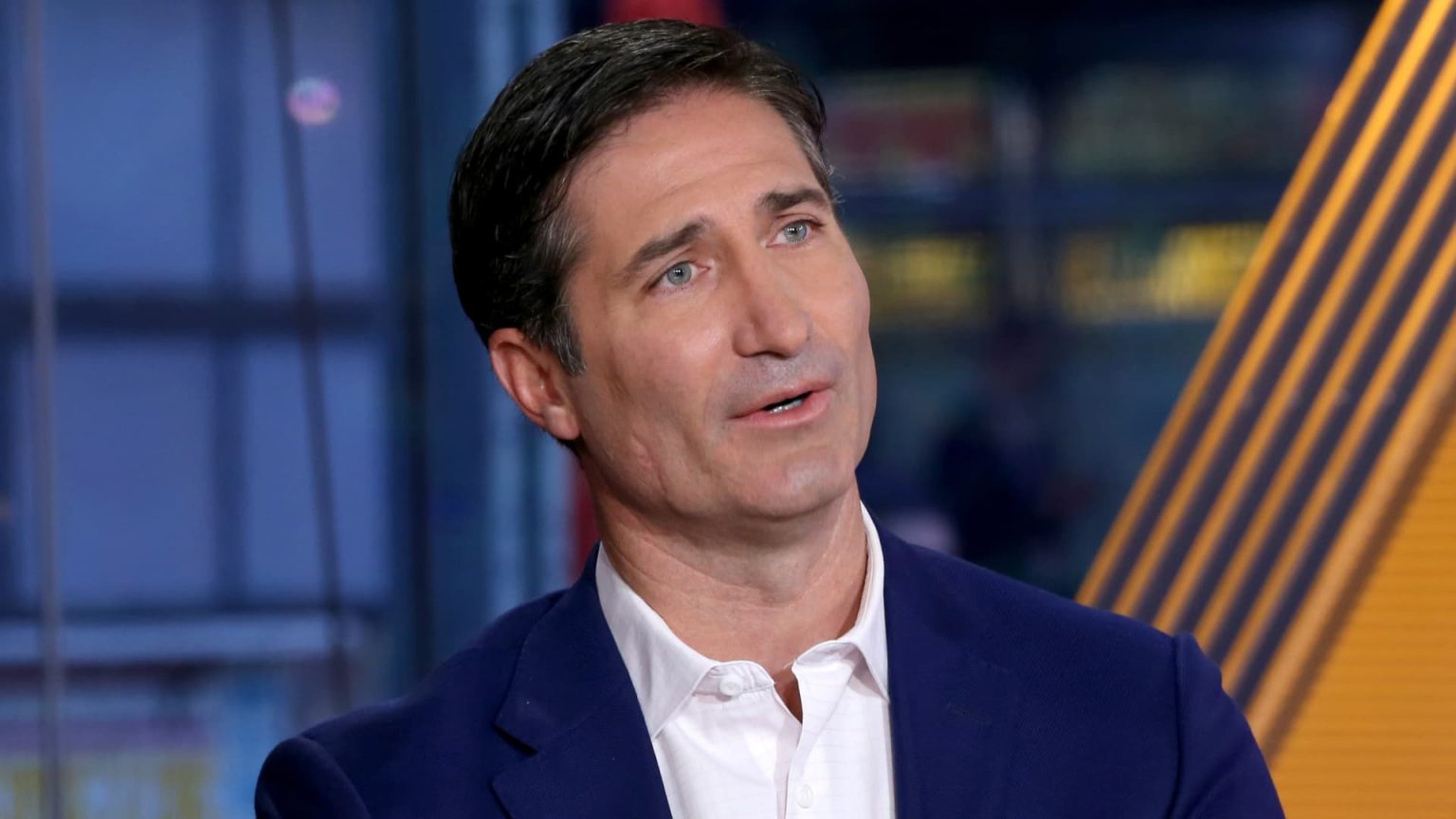Newly appointed Starbucks CEO Brian Niccol will not be required to relocate to the company’s headquarters in Seattle, but instead will be allowed to live in his home in Newport Beach, California and commute to the head office on a corporate jet. Niccol, who will receive a base salary of $1.6 million annually, can earn an annual cash bonus of up to $7.2 million and annual equity awards worth up to $23 million based on his performance. This arrangement mirrors a similar deal Niccol negotiated when he became the CEO of Chipotle in 2018.
While Niccol will have a remote office set up for him in Newport Beach, he will still be expected to work from the Seattle office at least three days a week in alignment with Starbucks’ hybrid work policies. The company spokesperson emphasizes that Niccol’s schedule will exceed the hybrid work guidelines, and he will be spending a majority of his time at the Seattle Support Center or visiting partners and customers worldwide. Starbucks employees have been required to work from the office at least three days a week since early 2023.
The trend of high-ranking executives negotiating remote work arrangements, such as what Niccol has secured with Starbucks, reflects the bargaining power disparity between senior-level employees and the average worker. This flexibility is often granted to executives to attract and retain top talent in a competitive labor market. The appointment of Hillary Super as Victoria’s Secret CEO, who will work from New York City instead of the company’s Ohio headquarters, also demonstrates this trend of allowing flexibility for high-level executives.
Despite the recent instances of CEOs negotiating remote work arrangements, it is still difficult to draw definitive conclusions about their preferences. While some CEOs like Amazon’s Andy Jassy and JPMorgan Chase’s Jamie Dimon are insisting on a return to office policies, research suggests that many bosses are not enthusiastic about losing remote work options. Choudhury sees Starbucks’ decision to offer Niccol a remote work option as a strategic move to attract a successful executive who has a track record of turning around troubled companies.
Niccol’s arrival at Starbucks is seen as an opportunity for the company to take a “smart risk” in attempting to improve its performance, which has struggled this year due to weak sales in major markets. Niccol’s successful track record of leading Chipotle through challenges, including the foodborne illness scandal and the pandemic, makes him a valuable asset to the company. As more companies may start to offer flexible work arrangements to attract and retain top talent, there could be a shift in workplace culture that allows more employees to have the same degree of flexibility as their executives.
Overall, the trend of high-ranking executives negotiating remote work arrangements could lead to positive changes in workplace culture, as middle managers and other employees may be inspired to seek similar flexibility. This change, starting from the top, could create a more inclusive and adaptable work environment that benefits all employees. As companies like Starbucks experiment with offering flexible work arrangements, employees may have the opportunity to achieve a better work-life balance and enhance their overall productivity and well-being.













